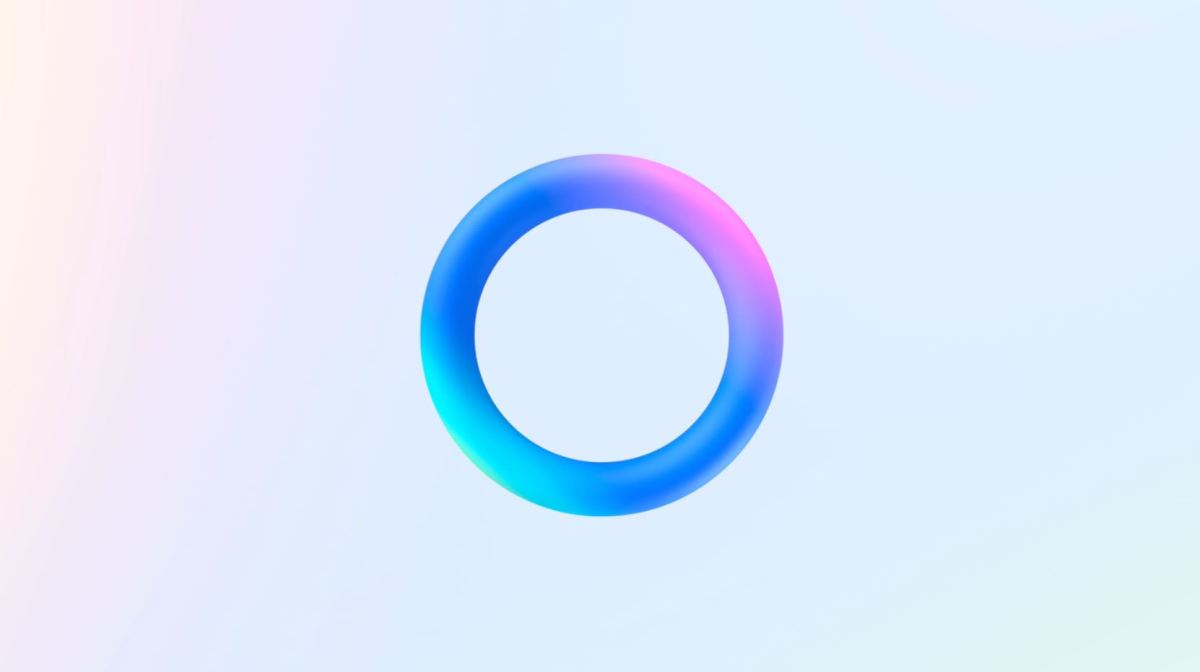- Innovation Profs Newsletter
- Posts
- Innovation Profs - 4/30/2024
Innovation Profs - 4/30/2024
Your weekly guide to generative AI tools and news
Upcoming Innovation Profs Workshops
Professors Porter and Snider are teaching a one-day Intro to Generative AI Workshop at Drake University (or virtual) on Friday, June 7. Attendees will get hands-on with tools for creating text, images, audio and more. We will also discuss our framework for deciding how to deploy generative AI at your company. Sign up here.
Drake Professor and data visualization expert Tim Urness will lead a Data Visualization Workshop on May 30 at Drake University (or virtual). Urness will teach you how to tell stories with with data, create dashboards, and make use of color, charts, and graphs effectively. Sign up here.
Generative AI News
OpenAI makes 'Memory' available to all ChatGPT Plus subscribers
ChatGPT Plus subscribers now have access to ChatGPT’s new Memory feature: Users can highlight specific pieces of information that they want ChatGPT to remember across all conversations, which can then inform subsequent conversations without having to repeatedly include these facts in prompts. For example, if I (Porter) feed GPT-4 the prompt, “I want you to remember that I live in Des Moines, Iowa,” ChatGPT responds with a “Memory updated” icon and “Got it! If you have anything else you'd like me to remember or if you have questions about Des Moines, just let me know!” Users have the option to manage ChatGPT’s memories (e.g., updating specific memories, clearing all of ChatGPT’s memories, or toggling the memory feature on and off).
NIST launches a new platform to assess generative AI
Just yesterday, the National Institute of Standards and Technology announced NIST GenAI, a new program “to evaluate and measure generative AI technologies.” One focus of the program will be to encourage the development of tools that will detect AI-generated content (both text and images): “NIST GenAI is inviting teams from academia, industry and research labs to submit either ‘generators’ — AI systems to generate content — or ‘discriminators,’ which are systems designed to identify AI-generated content.” This initiative is one of a handful of programs announced by NIST in response to Biden’s executive order on Safe, Secure and Trustworthy Development of AI.
Google’s DeepMind creates ‘Gecko’, a rigorous new standard for testing AI image generators
Although there are a number of tests for benchmarking the performance of large language models, tools for benchmarking the performance of AI image generation tools like DALL-E 3, Midjourney, and Stable Diffusion have been lacking. Enter Gecko, a new benchmarking standard for image generation tools, recently developed by researchers at Google DeepMind. Here's a rough description of how Gecko works: “Gecko bombards them [AI image generators] with 2,000 text prompts that probe a wide range of skills and complexity levels. It carves up these prompts into specific sub-skills, going beyond vague categories to pinpoint the exact weaknesses holding a model back.” It remains to be seen whether Gecko will be accepted as an industry-wide standard.
Snowflake releases a flagship generative AI model of its own
Cloud-computing company Snowflake added yet another large language model to the broad range of available models, announcing the release of Arctic LLM last week. According to Snowflake CEO Sridhar Ramaswamy, “I think this is going to be the foundation that’s going to let us — Snowflake — and our customers build enterprise-grade products and actually begin to realize the promise and value of AI. You should think of this very much as our first, but big, step in the world of generative AI, with lots more to come.”
Google announces a new $75 million fund to train workers in AI—and a new $49 online AI course
On Friday, Google announced their “AI Opportunity Fund,” a $75 million fund to upskill workers with AI skills, as well as a $49 Coursera course called Google AI Essentials. “The initiative promises to teach one million Americans AI skills by providing grants to partner organizations, which will offer the course for free.” One such partner organization is Goodwill, which will make the course available to their employees.
Quick Hits
Tool of the week: Deepgram
Deepgram recently released Aura, a text-to-speech API that delivers human-like quality conversation. Developers can use Aura to build real-time, conversational voice AI agents to interact with customers and employees.
Deepgram has an interesting set of features all around transcribing and understanding speech - including detecting sentiment.
AI-generated image of the week
The 2024 Drake Relays wrapped up this past weekend, so we decided to use Midjourney to create a keepsake.

prompt: stained glass image of a bulldog using only shades of blue --s 1000Generative AI tip of the week:
A new LLM names “gpt2-chatbot” that is starting to get a lot of buzz for its ability to write code and solve math problems. See it in action and learn how to use it here:
There is a new mysterious LLM called “gpt2-chatbot” that is performing incredibly well to all my requests.
Reasoning, coding, math…and more.
Here is how you can try for free and judge it yourself:
— Alvaro Cintas (@dr_cintas)
5:19 PM • Apr 29, 2024
Get starting with Generative AI
New to generative AI? Here are some places to start…
What we found
The Verge and Vox Media partnered on a survey on how Americans use and think about AI in June and again in December. Some takeaways:
2-in-5 Americans have used an AI tool
2-in-3 are using AI tools on a weekly basis
The majority of Gen Z using AI in place of Google searches


/cdn.vox-cdn.com/uploads/chorus_asset/file/25012282/236834_Ray_Ban_Meta_Smart_Glasses_AKrales_0608.jpg)


/cdn.vox-cdn.com/uploads/chorus_asset/file/25417605/unmask.jpg)

